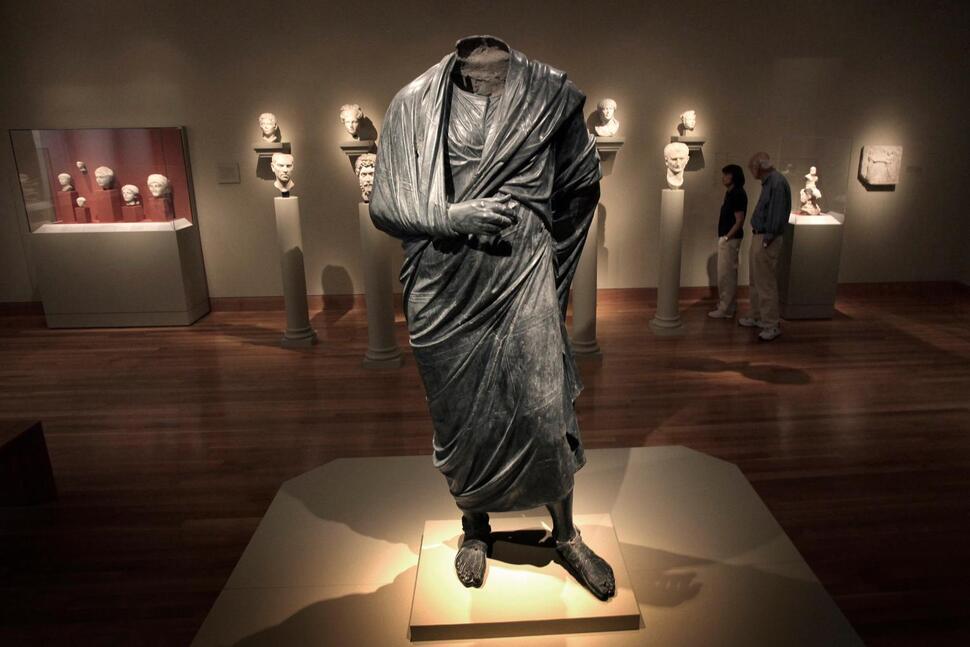
A statue believed to depict the Roman emperor Marcus Aurelius, looted from Turkey, has been ordered seized from the Cleveland Museum of Art
New York officials investigating looted antiquities from Turkey have ordered the seizure of a bronze statue believed to depict the Roman Emperor and philosopher Marcus Aurelius, which is on display at the Cleveland Museum of Art, and is thought to be headless.
On August 14, 2023, a judge in Manhattan signed an order for the seizure of a headless bronze statue believed to depict the Roman Emperor and philosopher Marcus Aurelius, which has been on display in a gallery at the Cleveland Museum of Art in Ohio since June 25, 2010.
According to a news article in US News, the warrant was secured as part of an ongoing investigation into a smuggling network involving antiquities looted from Bubon in southwestern Turkey and trafficked through Manhattan, a spokesperson for Manhattan District Attorney Alvin Bragg said. No details of the investigation were provided.
The 76-inch (1.9-meter) statue dates from A.D. 180 to 200 and is worth $20 million, according to the district attorney’s office.
📣 Our WhatsApp channel is now LIVE! Stay up-to-date with the latest news and updates, just click here to follow us on WhatsApp and never miss a thing!!
The Plain Dealer of Cleveland reported that the statue was removed from view more than two months ago and that the museum changed the description of the piece on its website, where it now calls the statue a “Draped Male Figure ” instead of indicating a connection to Marcus Aurelius.
In 2012, Turkey initiated efforts to repatriate artifacts looted from various places, including the Bubon Ancient City, where the Marcus Aurelius statue was believed to have been taken from. However, museum officials at the time argued that Turkey had not presented concrete evidence of looting in their defense.
“The enduring dispute surrounding this matter has kept him separated from his hometown,” Zeynep Boz of Turkey’s Ministry of Culture and Tourism said of the statue.
In an emailed statement, Boz said the seizure “provides a strong sense of hope, long-awaited, for the rectification of a willing wrongdoing.”
Todd Mesek, a spokesperson for the museum, said in a statement Thursday that the museum could not comment on the Marcus Aurelius statue while it is the subject of litigation.
Mesek said the museum “takes provenance issues very seriously and reviews claims to objects in the collection carefully and responsibly.”
Cover Photo/Amy Sancetta, AP
You may also like
- A 1700-year-old statue of Pan unearthed during the excavations at Polyeuktos in İstanbul
- The granary was found in the ancient city of Sebaste, founded by the first Roman emperor Augustus
- Donalar Kale Kapı Rock Tomb or Donalar Rock Tomb
- Theater emerges as works continue in ancient city of Perinthos
- Urartian King Argishti’s bronze shield revealed the name of an unknown country
- The religious center of Lycia, the ancient city of Letoon
- Who were the Luwians?
- A new study brings a fresh perspective on the Anatolian origin of the Indo-European languages
- Perhaps the oldest thermal treatment center in the world, which has been in continuous use for 2000 years -Basilica Therma Roman Bath or King’s Daughter-
- The largest synagogue of the ancient world, located in the ancient city of Sardis, is being restored

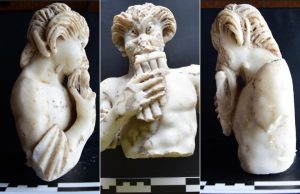

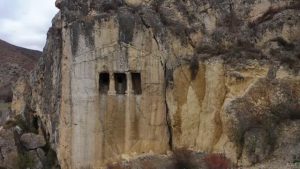


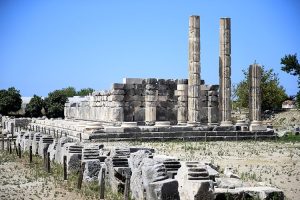
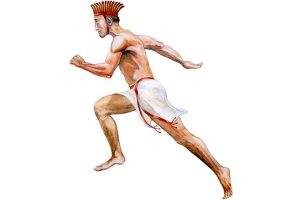

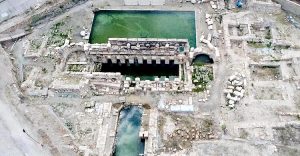
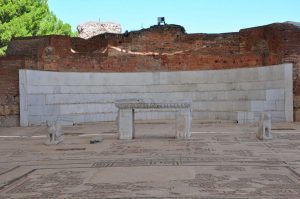
Leave a Reply